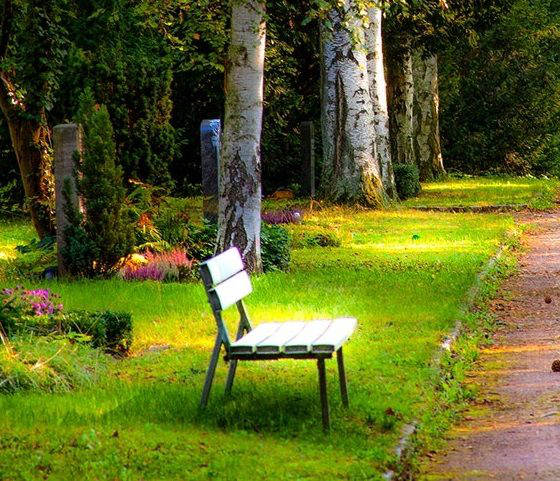Dead don’t stand on ceremony: “silent” cremation on the rise

Cost and convenience are driving the choice for a “silent’ cremation, crematoria industry body LVC has said.
Of the 124,280 people who died in the first three quarters of 2023, 68.4% were cremated, confirming the upward trend of the last years, figures show. The number of crematoria in the Netherlands now totals 120.
“It is not just cheaper [than a burial] but people also don’t want to lumber their children with the costs of maintaining the grave,” funeral expert Peter van Schaik told news platform Nu.nl.
In the Netherlands a cremation costs up to €6,000 compared to €9,000 for a burial. Last year saw a rise in cremation costs of up to €100 compared to 2022 because of higher energy costs and more expensive post-ceremony coffee and cake.
Cost is again an element in a “silent cremation”, where there is no ceremony, and which is also gaining in popularity. Goodbyes are said at the person’s deathbed instead of at the crematorium.
“In the United States and Belgium the family are given the ashes straight after and celebrate the person’s life during the scattering of the ashes. In the Netherlands it can take up to a month before the ashes can be collected, which takes away from the momentum,” Van Schaik said.
Silent cremations also serve another purpose, Van Schaik said. The silence is a tribute to the dead, and can be a protest against the commercial bells and whistles that accompany death. “Singer Jan Rot and David Bowie both wanted a silent goodbye,” Van Schaik said.
The number of cremations may fall if cremation by water, or resomation, becomes legal in the Netherlands.
Resomation is based on alkaline hydrolysis: the body is placed in a pressurised vessel that is then filled with a mixture of water and lye, and heated to around 160 degrees. The elevated pressure prevents the body boiling. Instead, the body is broken down into its chemical components, which takes upwards of three hours.
However, the remaining effluent cannot simply be released into the water, the infrastructure ministry has said.
That final hurdle will also be taken as different disposal methods are being investigated, Van Schaik said. A proposal to scrap the one-month waiting time before the release of ashes will also be discussed in parliament in the first half of this year.
Thank you for donating to DutchNews.nl.
We could not provide the Dutch News service, and keep it free of charge, without the generous support of our readers. Your donations allow us to report on issues you tell us matter, and provide you with a summary of the most important Dutch news each day.
Make a donation